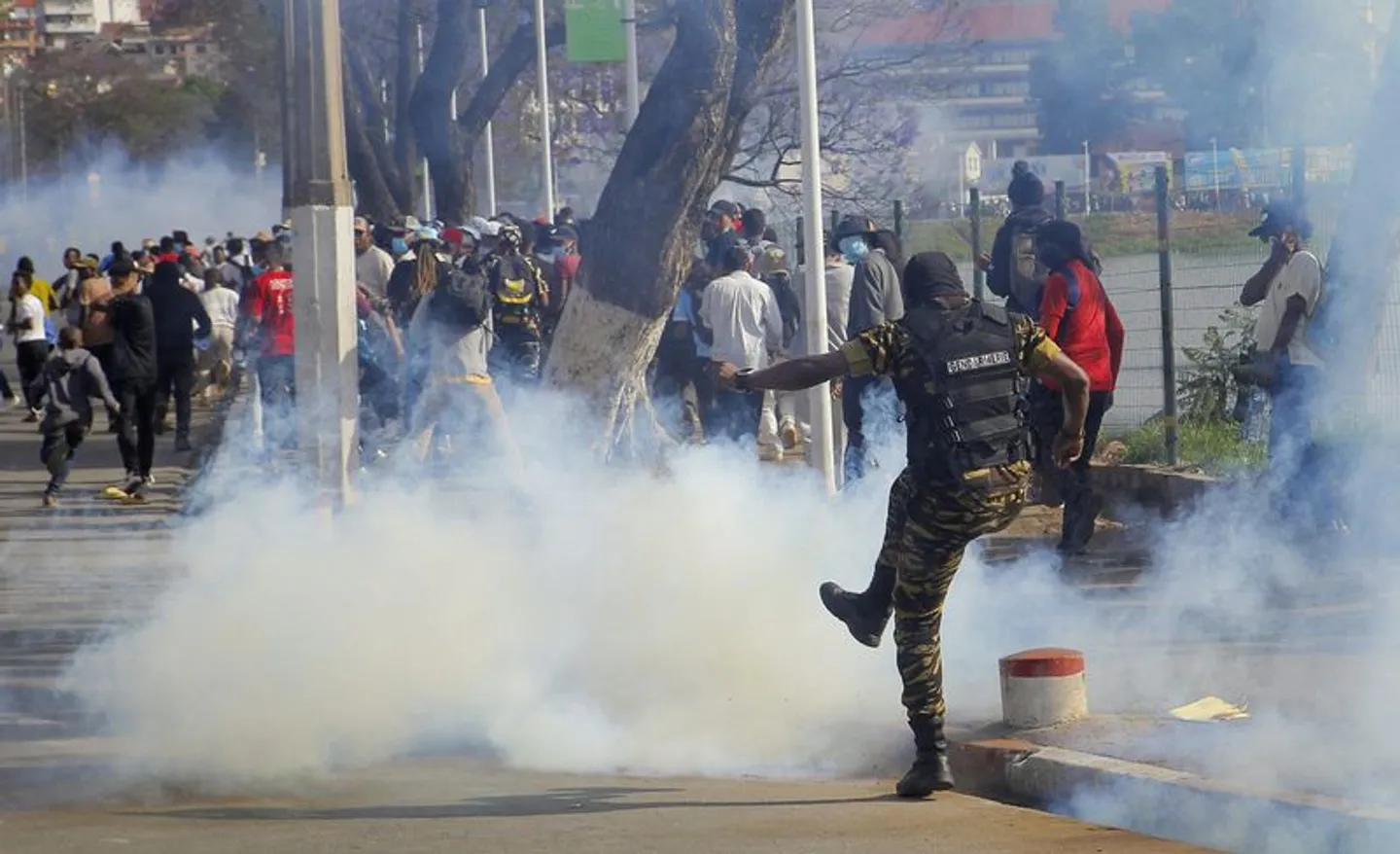
Madagascar’s new prime minister, General Ruphin Fortunat Zafisambo, on Friday condemned what he called “excessive use of force” by both security units and demonstrators after three weeks of unrest over water and electricity shortages swelled into calls for President Andry Rajoelina to quit.
Protesters have blocked roads with rocks and, in some cases, hurled stones at security forces, who fired repeated volleys of teargas. A woman whose husband was shot dead on Sept. 25 as he closed his shop told Reuters his killing was “entirely preventable.”
The United Nations says at least 22 people were killed and more than 100 injured in the unrest’s early days — figures the government rejects. Rajoelina has put the death toll at 12, saying most of the victims were looters.
Hundreds rallied again in Antananarivo on Friday, renewing demands for the president to step down, apologise to the nation and dissolve the senate and the election commission.
“We firmly condemn all excesses, and we totally condemn the excessive use of force among Malagasy people. Malagasy values — solidarity and brotherhood — must prevail, whether within the military or among protesters,” Zafisambo told reporters when asked about security force conduct.
The U.N. human rights office urged the gendarmerie to refrain from unnecessary force, saying it had received “troubling reports of continued violence against protesters” in the capital.
Rajoelina last week dissolved his government and appointed Zafisambo alongside new defence and security ministers. On Wednesday, he told supporters at the palace that he would resign if he failed to resolve the power crisis within a year.
The turmoil comes at a delicate moment for the export-reliant economy. Beyond vanilla — of which Madagascar is the world’s top producer — nickel, cobalt, textiles and shrimp are critical to foreign earnings and jobs. A strike call for Thursday largely fizzled, but business leaders say curfews and sporadic clashes are deepening an already severe economic squeeze.
